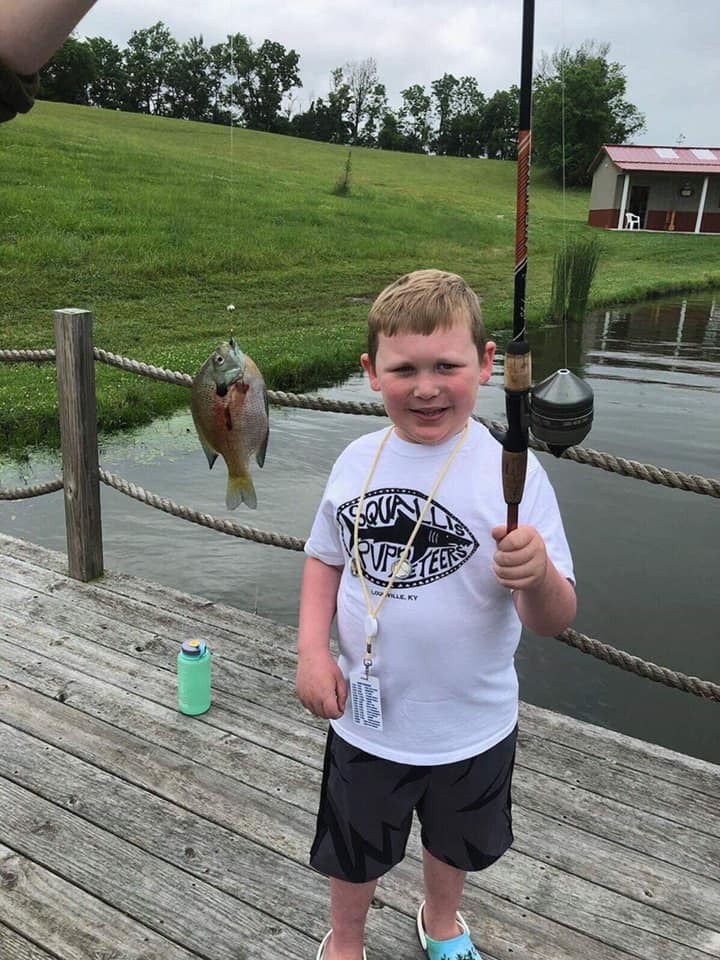Father of David Jr., David Sr. lays out his experience with his son as diagnosis and treatment came around. Despite David Jr.’s unfortunate loss, his father recognizes the impact his son made while on earth, and will continue to make for years to come.
- Tell me about David.
David continues to bring so much to my life. David could light up a room no matter the situation. Doing jiu-jitsu and being pinned he would smile and laugh, in the hospital getting an IV or getting his port accessed he would speak his mind, or going to Legoland where he loved to be it was his favorite place to go. He was intelligent and would surprise people with the answers he would give that were beyond his years. He was passionate about everything in his life and he would speak up to make his voice heard. Even during a pandemic he cared for others that most people did not understand. David will continue to reach people for many years to come.
- How did you find out your child had a brain tumor?
Liz called before fourth period class; she was taking David to the emergency room. I left school with a million what ifs. Once in the emergency room told about doing a MRI. In the middle of the MRI, the emergency room doctor told us about a mass they found. So many thoughts were being discussed. After the MRI, the oncologist came to talk. That was the first time we heard those four letters, DIPG.
- How did you process the news of diagnosis?
As the news was being said there was a heaviness that entered the room. There was a sense of disbelief that it could not be true. I thought there had to be something wrong with the machine. With all the thoughts going through my mind, I had to turn to help my wife, and David to cope with the news.
- How did this change your way of being a father?
In our journey with my son being diagnosed with DIPG many aspects changed. I was teaching middle school science and during David’s brain biopsy we found out my school was not hiring me back. Going through treatment our mindset changed from pursuing a new placement to becoming my son’s caregiver. Even after his passing, the journey has changed again to advocate in daily life; to continue what he started. To find a cure, so another father doesn’t have to truly know what DIPG meant to me.
- How did your role as a father change when your child was diagnosed?
The role of fatherhood changes as your child grows but when your child is diagnosed with DIPG it changes by leaps and bounds. The day before diagnosis he went to school and I went to work. Being together was when we had no other responsibilities that would keep us a part. Once the news hit we wanted to be with him 24 hours a day. As a father you want your child to become independent but when your child is diagnosis with DIPG all you want to do is be with them. There has been times when he needed me to be right by his side and other times waiting in the wings watching has he grows to be who he wants to be.
- What is your fondest memory as a dad?
My fondest memory is a combination of all the times I would pick up David from the van. For a long time he could not walk into the house and would need to use a wheelchair; he would stand on the edge of the van wrap his left arm around my neck, he lost function of his right arm, and give squeeze. I would always make a sound that he did it too tight. He would sometimes laugh, squeeze harder or less, or tell me I was ridiculous.
Please consider making a donation today in honor of David Jr.


